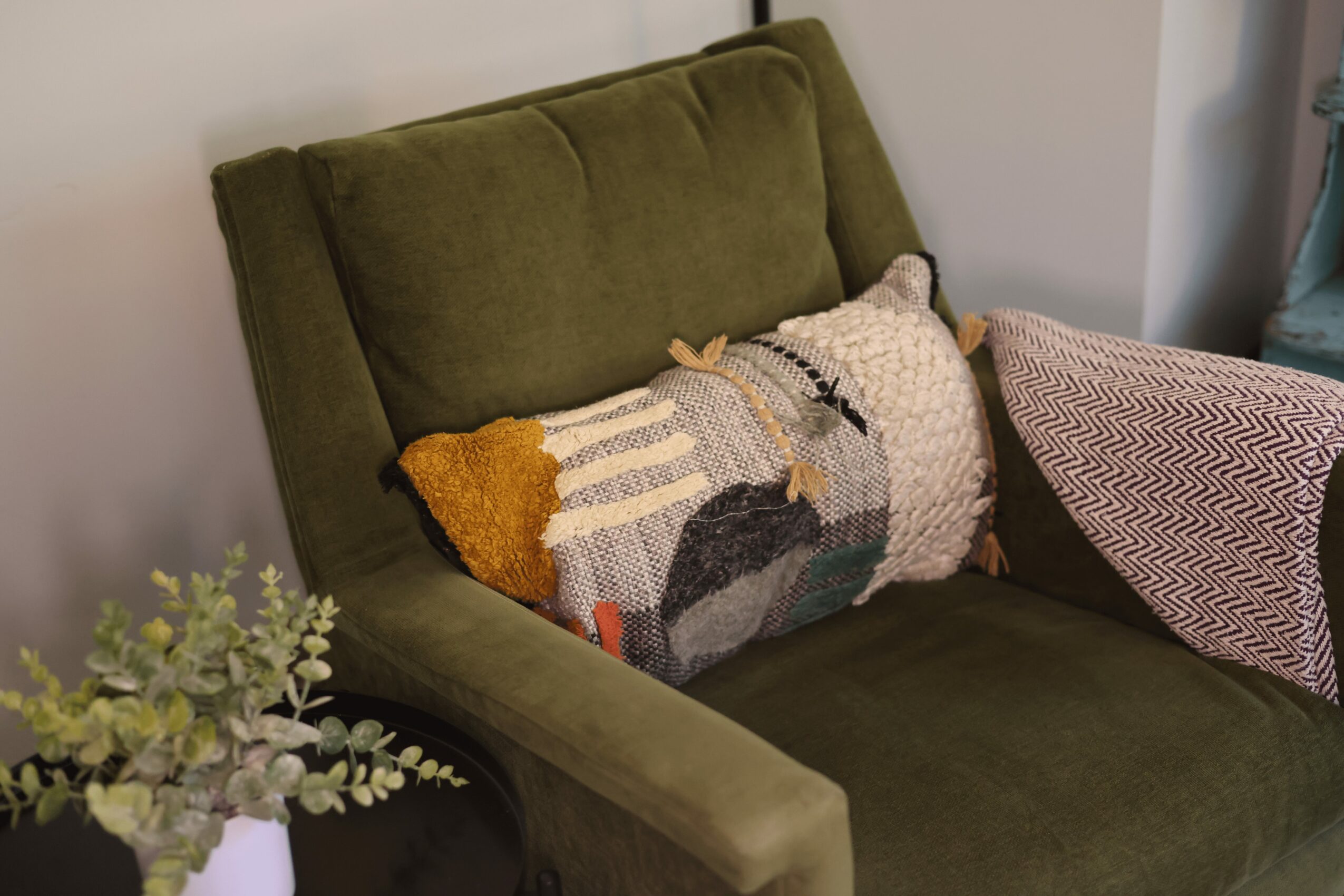

Today we’d like to introduce you to Pearl Velasquez
Hi Pearl, can you start by introducing yourself? We’d love to learn more about how you got to where you are today?
I was born in Brownsville, Texas, to a teenage mother of two. We lived in a small trailer with my great-grandparents on South Padre, Island. After my uncle passed away at the age of 15, we moved to San Antonio, and I was sent to stay with my grandmother in Mexico while she grieved the passing of her only son. My step-grandfather was frequently physically abusive to my grandmother. So, some of my very first memories were filled with witnessing the generational trauma of abuse and addiction. I didn’t comprehend what I witnessed till later in life, when the memories played in my mind like movie clips.
I returned home to San Antonio, before school started. Joining my mother, father, and three siblings in a great neighborhood, enjoying a peaceful upbringing with Friday family nights, movies, Little Cesar’s pizza, and church on Sundays. That changed after my parents divorced in high school. I lost interest in school and found myself in unhealthy relationships, uncertain about my future. This uncertainty deepened the summer before my senior year when our home caught fire. I remember walking in, hopeful that our home would be intact, only to see the charcoaled walls falling to pieces. It was half a shell; nothing was left to shelter us. We soon found ourselves, a family of five, living with my tia and her children in a two-bedroom apartment on an air mattress.
Despite these challenges, my mother encouraged me to go to community college. I enrolled for a semester, diving into psychology courses out of curiosity about the impacts of generational trauma. I remembered the confusion and helplessness I felt in my own trauma. But I found it helpful to view myself as resilient. When you experience trauma, it often feels like you have no choice but to keep going. It seems unfair that others have different fates while you’re left to survive. But I wanted to take ownership and pride in my healing, honoring the work of generations before me. To change what resilience meant to me.
Once I continued into community college, I began to question, “Why not me?” when considering transferring to a University. My mom connected me with Café College in San Antonio, an organization that assisted with applications and scholarship essays. I completed my degree at UTSA, majoring in psychology and minoring in sociology. Again, I questioned, “Why not me?” and pursued my master’s at UTSA in clinical mental health counseling, focusing on trauma and generational healing. While in school, I worked at facilities assisting foster children who had experienced trauma, emergency shelters, and rape crisis centers as a sexual assault therapist. I facilitated groups teaching parents about the impacts of witnessing abuse in the household and engaged in advocacy work to decrease homicide rates related to domestic violence.
I let my curiosity guide me and the small voice inside me that knew there was more to my life than just the residue of trauma. I wanted to take more risks and take up more space. Sometimes after trauma, survival becomes comfortable, not because we enjoy it but because, it’s all we know. So, I chased the discomfort of healing and learning about how trauma impacts others.
The more I connected with my community, the more I saw the widespread and repercussions of trauma. My experience was not isolated but echoed in many lives, affecting people’s sense of self, security, trust, love, and ability to live fully. I created my private practice, Resilient Therapy PLLC, with these individuals in mind. I want to share my knowledge, collaborate with others on their healing journeys, and help them envision lives where trauma is not their identity but part of their past.
Can you talk to us a bit about the challenges and lessons you’ve learned along the way. Looking back would you say it’s been easy or smooth in retrospect?
It wasn’t a smooth road, but once I started to realize that my journey was not linear and embraced my resilience, I was able to pivot when needed. I began to accept that I could do my best with what I had and allowed myself to learn and grow. I didn’t have the privilege of having school paid for, and financial aid only covered so much. As the first in my family to pursue a bachelor’s and master’s degree, I had to work a full-time job, complete an unpaid full-time internship, attend classes at night, and work as a teaching assistant on the side during graduate school, all while living alone. My mother tried to help as much as she could, but she had other children to provide for as well. I began to see my barriers as challenges. I refused to be limited by my resources and drew strength from the generations before me and their resilience. The biggest challenge was not knowing where I would end up after all of this and simply hoping for the best.
As you know, we’re big fans of you and your work. For our readers who might not be as familiar what can you tell them about what you do?
I am a Licensed Professional Counselor (LPC) in the states of Texas and Colorado, specializing in helping people who have experienced trauma related to domestic violence, sexual assault, and generational issues. I focus on joining individuals on their healing journeys while providing a warm, judgment-free space. I also assist clients during the adjustment phase of life after trauma, when it can sometimes feel like they’re ‘waiting for the other shoe to drop’ or ‘waiting for the storm to come.’
I am proud of my roots as a Latina from San Antonio. With only 15% of therapists being Latina and 8% of Latinas attaining master’s degrees, I believe there is a unique pride in pushing against all odds, whether it’s in education, healing generational trauma, or simply believing in oneself. The journey of healing trauma can feel lonely, especially within cultures that haven’t fully embraced mental health. That’s why I believe it’s incredibly important to build connections so people don’t feel alone or ashamed. What sets me apart is my desire to decrease the stigma around mental health not only in my therapy sessions but also within my community. We have to let ourselves believe that there is hope even in the smallest changes in order for change to happen on a larger scale.
What would you say have been one of the most important lessons you’ve learned?
The most important lesson I’ve learned along my journey is that I don’t have to do anything to deserve happiness and peace. I am capable of achieving everything I once doubted or was told I couldn’t do. There is immense power in community and connection, and as the layers of trauma are peeled back and healing begins, our true selves can shine through—confidently, authentically, and lovingly.
Contact Info:
- Email: info@therapyr.com
- Instagram: @resilient.therapy
- Other: https://latinxtherapy.com/therapists/pearl-velasquez-lpc/




Image Credits
none













